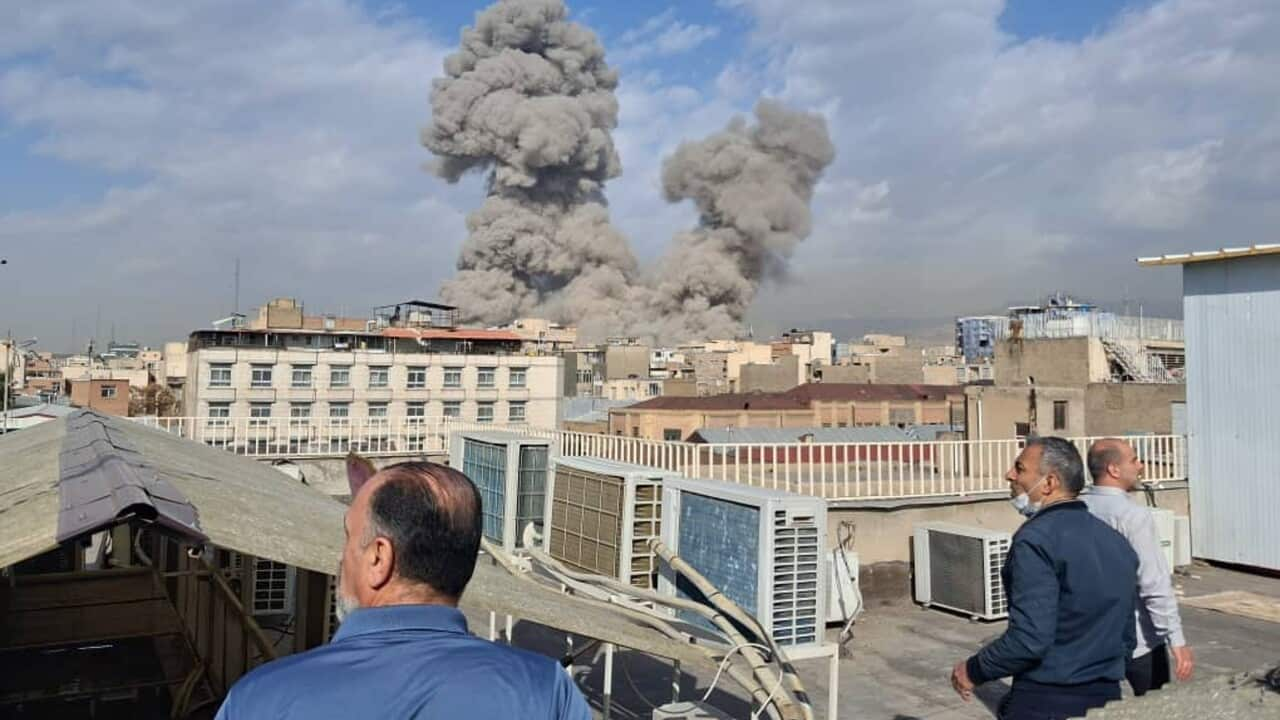“It is crucial for us to start our agriculture [efforts] by knowing the current state of our soils. We wish to increase the capacity [of farmers] through the budget…to be able to beef up and have that knowledge regarding soil science,” Quezon province representative Wilfrido Mark Enverga, Committee Chair on Agriculture and Food in the Lower House explained.
Mr Enverga told SBS Filipino the committee recognises the long-standing issue of insufficient government support to farmers. He said addressing the lack of understanding of soil health was their top priority.
Seven members of the Philippine House of Representatives and seven provincial governors – mostly from the southern island of Mindanao – visited Canberra and Queensland in early December for an ‘intensive three-day tour’ to learn about effective soil and land management practices.
Congressman Adolph Edward Plaza of Agusan del Sur said the invitation from the Australian Centre for International Agricultural Research (ACIAR) came at the right time as Congress prepares to draft new legislations that will help rebuild the farming sector.
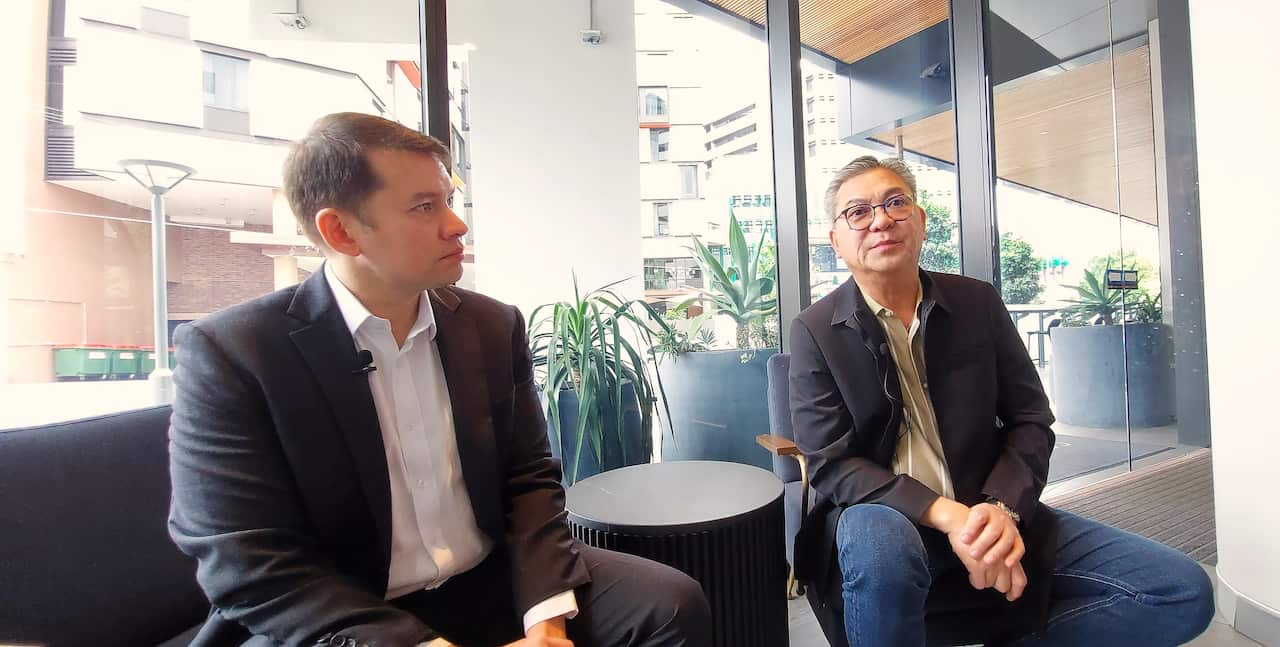
“Slowly, we have to create a critical mass, especially in Congress, to support science.
So that there will be continuity on a yearly basis with regard to the budget, [so] we can create a bill to make sure that the sustainability will be there even if we’re not in Congress anymore.
And that the Bureau of Soils [and Water Management] will go on for the development of agriculture in the Philippines,” Mr Plaza added.
President Ferdinand 'Bongbong' Marcos Jr has made agriculture the primary focus of his six-year term, saying the sector ‘cries for urgent attention after many years of neglect.’
Mr Enverga said it is high time the Philippines ‘modernise’ the sector and promote widespread ‘smart agriculture.’
Soil health strategy, knowledge sharing
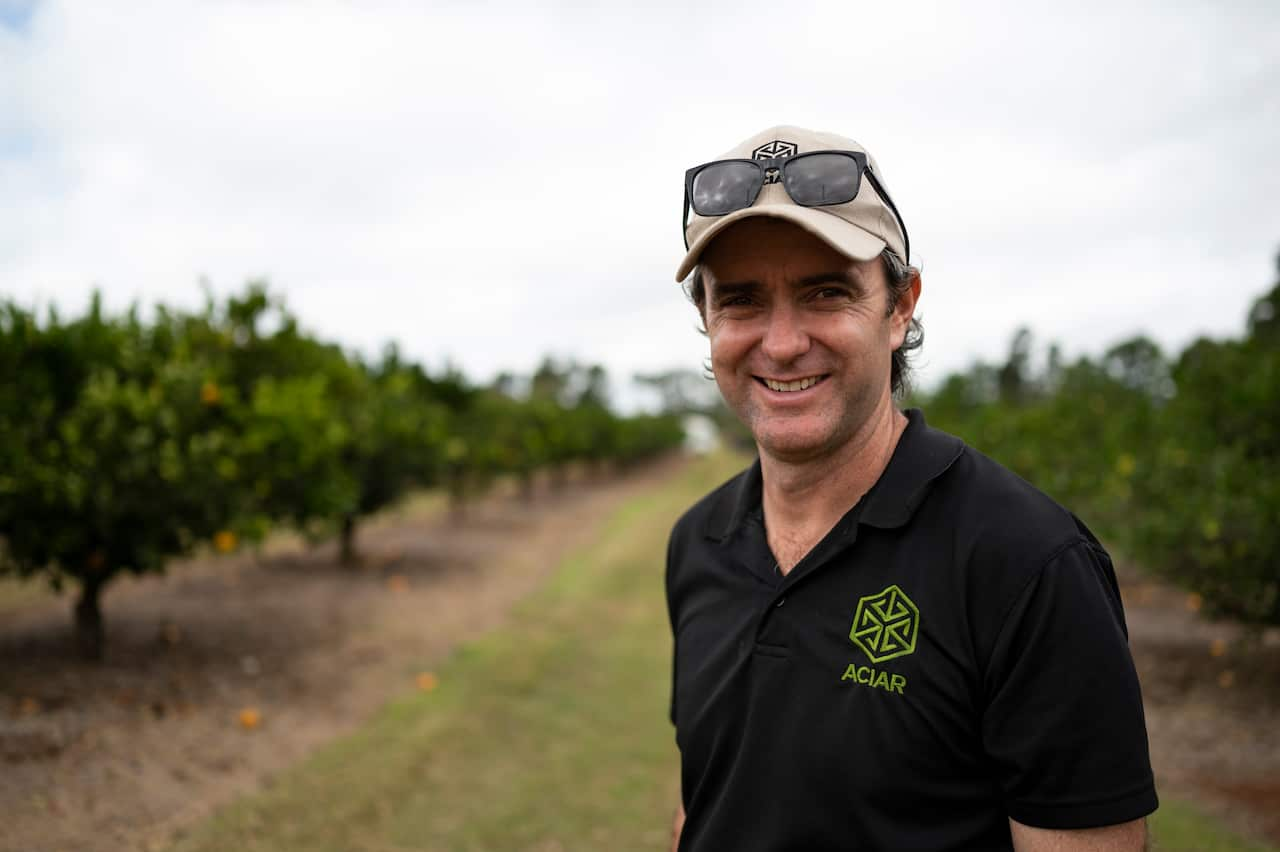
Canberra-based soil expert Dr James Quilty understands the urgency for an ‘informed, evidence-based decision-making to revitalise Philippine agriculture.
Dr Quilty previously worked at the International Rice Research Institute (IRRI) in Laguna, Philippines, for about eight years before leading the soil and land management program at ACIAR.
IRRI is a not-for-profit research organisation founded in 1960 by the Ford and Rockefeller Foundations.
It was through a review of a previous project in the Philippines that he met Congressman Plaza, representing a rice-farming region in Mindanao, southern Philippines.
What followed was a broader conversation on the lack of technical expertise in soil management in the Philippines and the government's role in reversing soil health deterioration.
“We had a discussion with [the Philippine legislators] here in Canberra about how Australia publicly funded research to inform the National Soil Strategy and its implementation,” Dr Quilty said.
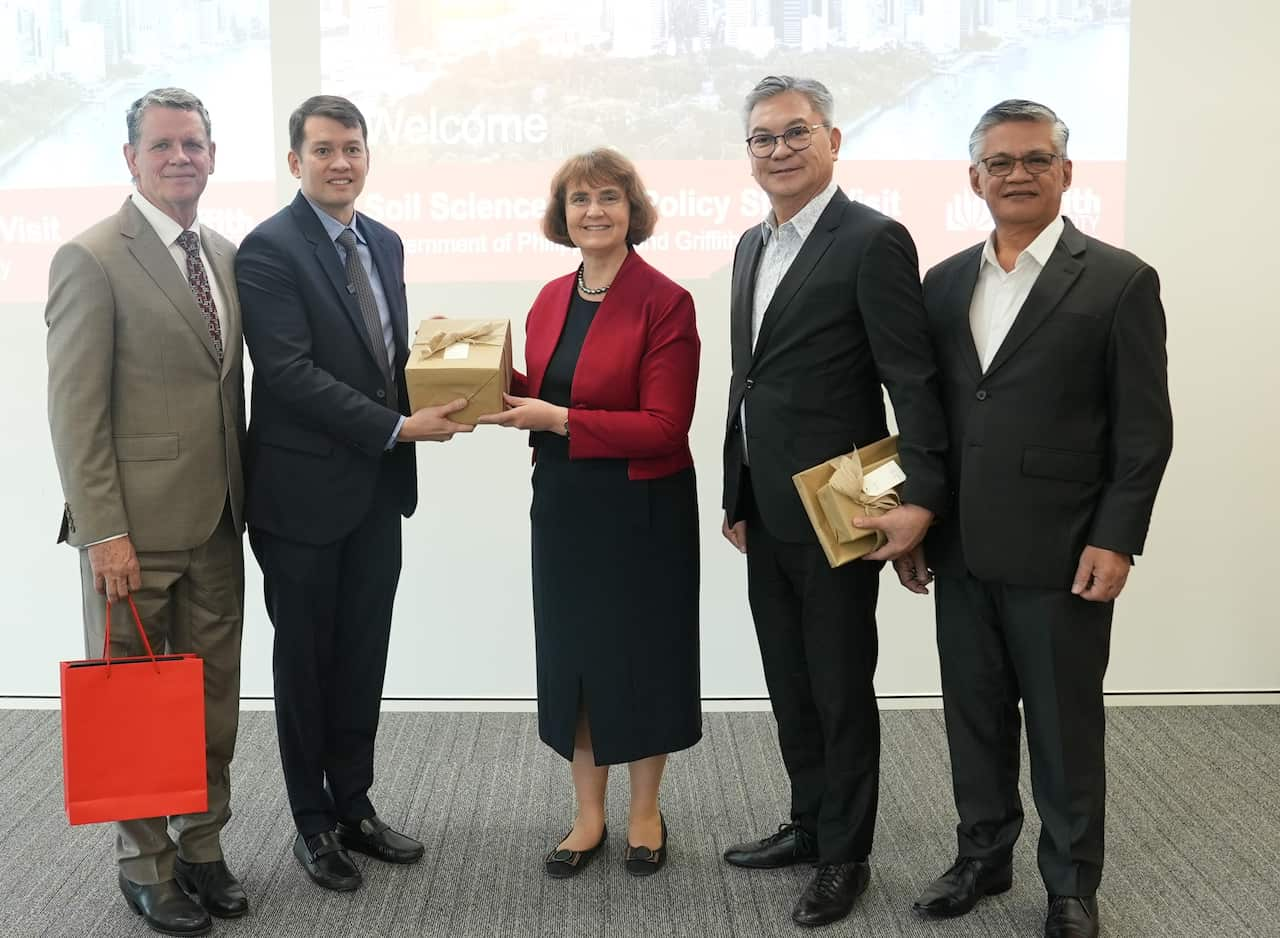
“The Philippine delegation recognises that soil is one of our key natural resources; that soil and water together, provide food for the world, and if you degrade either, you have a major problem.”
“The delegation was trying to understand how Australia has used the government resources to better manage soils here and take learnings back to the Philippines to develop their own strategy potentially,” he added.
Griffith University in Brisbane hosted the delegation’s visit in Brisbane where they met with agencies involved in soil strategy implementation and with Queensland farmers to understand how information is used in making crucial soil management decisions.
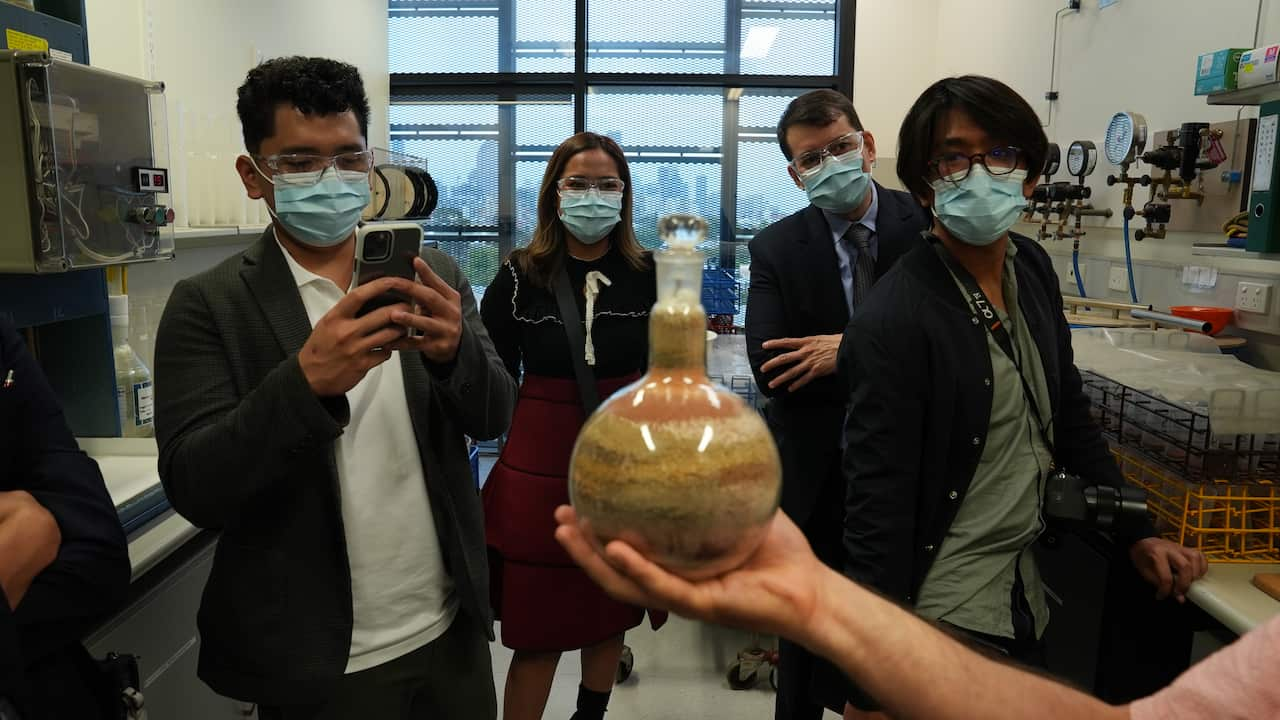
Dr Quilty said soil health issues are incredibly complex. Apart from varying soil landscapes per region, there are long-term land misuse issues combined with the pervasive threats of climate change.
“There's not many countries more impacted by climate than the Philippines. The torrential rain that comes along with typhoons and soil erosion - that's natural, that's not a man-made thing. But it's exacerbated by human activities [such as] deforestation, cultivation on sloping lands, infrastructure,” said Dr Quilty.
Australian aid efforts in the Philippines, he said, have been focussing on agriculture in Mindanao, not only from a national trade perspective but also for regional stability.
‘Intergenerational fairness’ through soil science
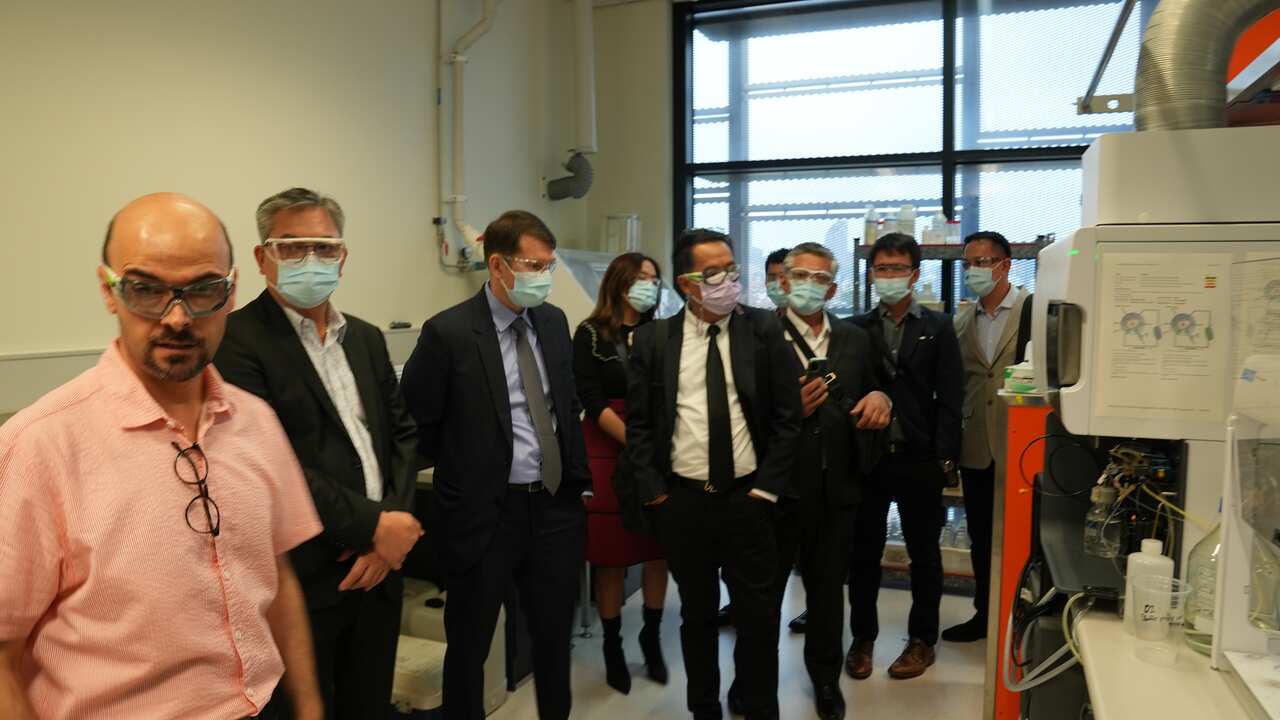
Agusan del Sur Governor Santiago Cane Jr brought 5,000 soil samples from his province in the hopes of helping local farmers assess the soil health and identify crops appropriate for planting.
This might become unnecessary in the near future when a new batch of soil science scholars from his province return home.
According to Dr Quilty, ACIAR and Griffith University have this year provided scholarships to three agriculture students from Agusan del Sur to study soil science in Australia.
He said over the last two decades, the scholarship program has produced 38 agriculturists, all of whom have returned to the Philippines to help local agriculture flourish.
During her visit to Brisbane, Agusan del Sur State College of Agriculture and Technology president Dr Joy Capistrano said as academics, they “feel the accountability of raising young people to be more prudent and judicious in taking care of natural resources.”
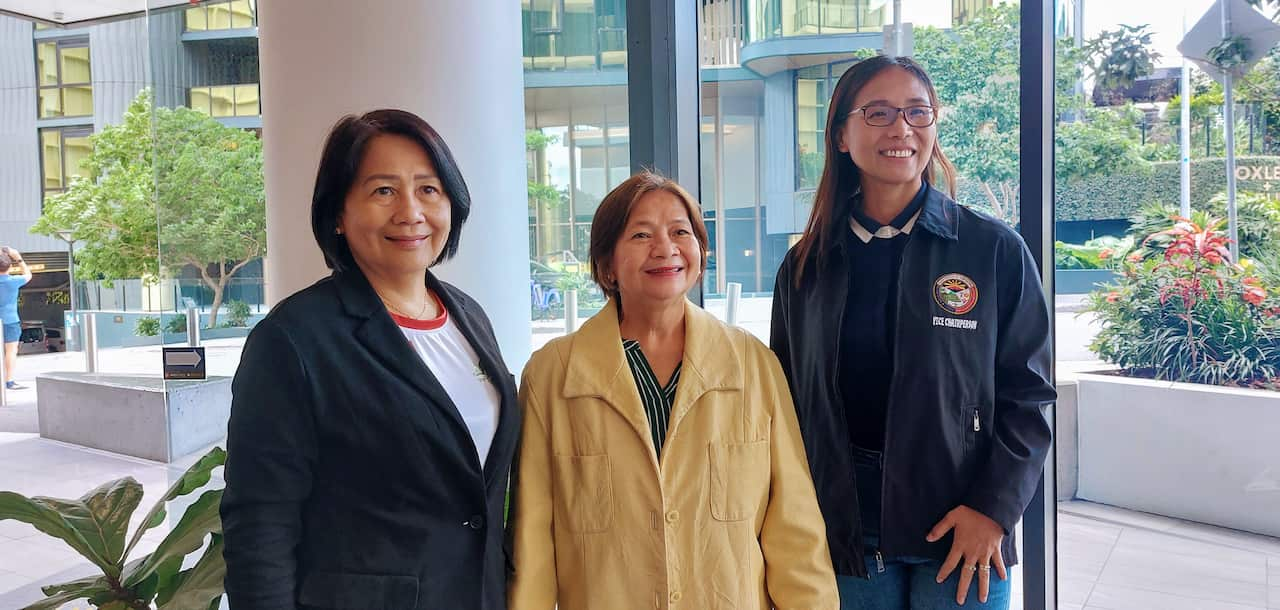
Dr Capistrano also said the current multi-stakeholder approach is important in ensuring land use is 'intergenerationally fair.'
Professor Adeflor Garcia of the University of Southern Mindanao said she and fellow academics were inspired by the government’s interest in involving local scientists in creating laws to replenish and protect the country’s soils.
The recent visit, she said, marked a turning point in the Philippines’ food security ambitions. She also appealed to Filipinos to distance themselves from abusive land use.
“We have been using our soils like we thought it is an infinite resource. Whatever the soil can give us. We have to also give back what we get [from] it,” said Professor Garcia.
Roadmap to food security
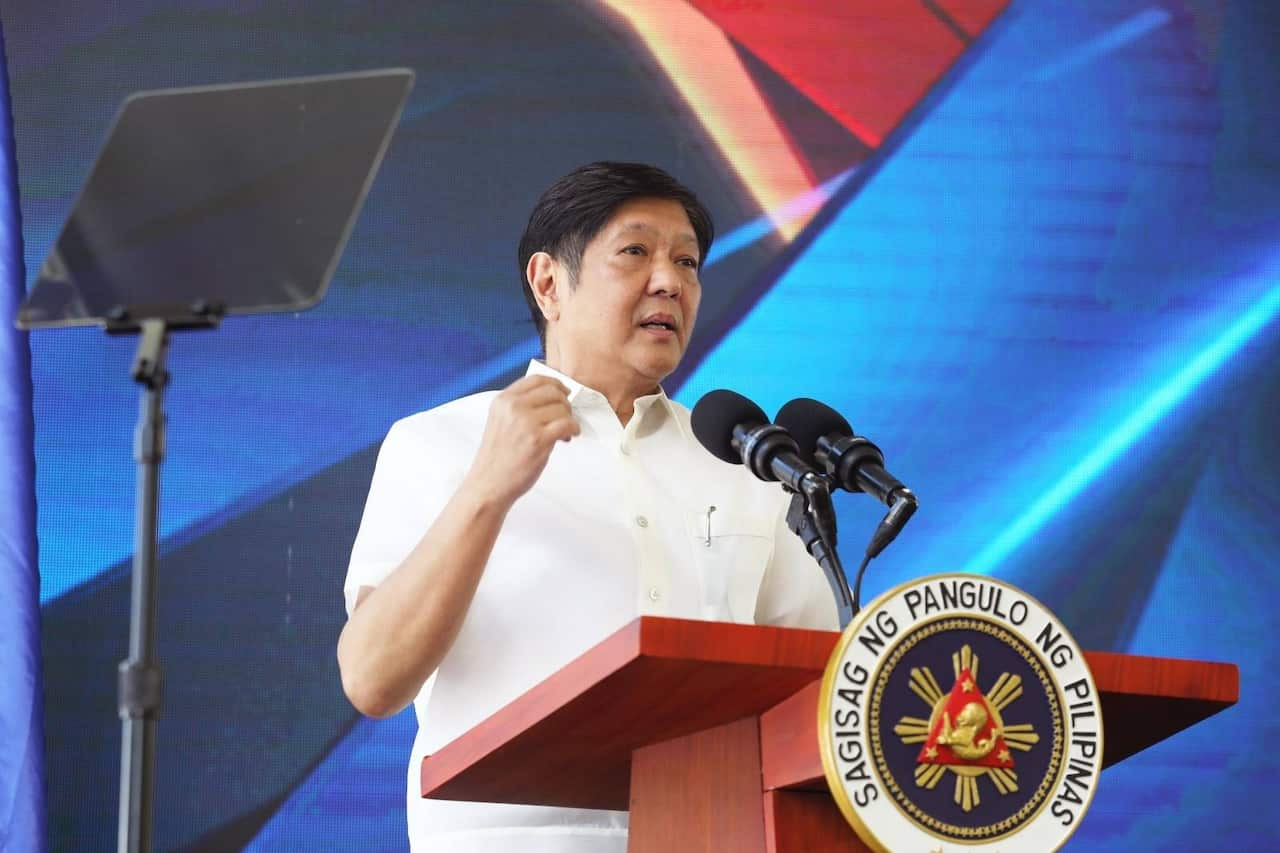
Just a month after winning the presidential elections in May, President Marcos Jr appointed himself as Agriculture Secretary.
A year prior, his predecessor Rodrigo Roa Duterte approved a P523.57 million (AUD$13.8 million) National Soil Health Program (NSHP) to rehabilitate and protect the country’s remaining arable lands within two years of implementation.
As Filipino legislators met with soil experts in Canberra in early December, President Marcos Jr was in a paddock with rice scientists back in Laguna, Philippines at IRRI.
It was beginning to lead the so-called 'Green Revolution' when President Marcos Jr’s father, former president Ferdinand Marcos Sr, first took office in 1965.
On IRRI’s website, it said President Marcos Jr visited ‘to talk about how innovations and technologies could transform the Philippine agriculture sector and improve the lives of Filipino farmers.’
“If you don't prioritise food, healthy, nutritious food and the livelihood of the farmers that grow that for a population, then what are you prioritising,” Dr Quilty said.
Congressman Enverga said he is optimistic Australia and the Philippines will continue to work closely to boost the productivity of local Filipino farmers.
“During the last APEC Summit in Bangkok, President Marcos Jr had a bilateral meeting with Prime Minister [Anthony] Albanese wherein they will be signing certain agreements.
I think it is geared towards agriculture and renewable energy. We’re hoping that soil science [will] be a huge part of that agreement,” he said.



